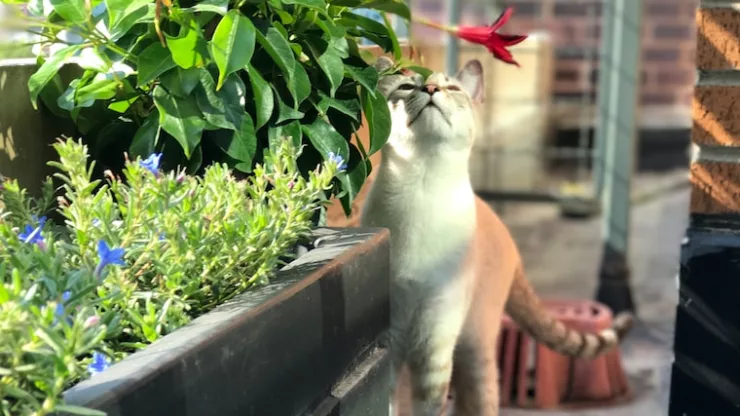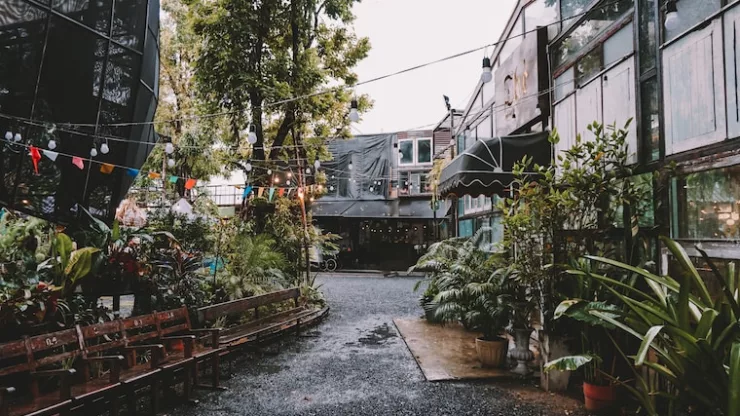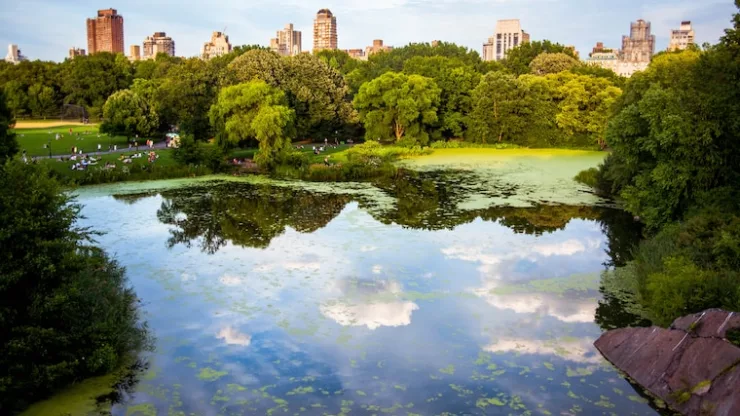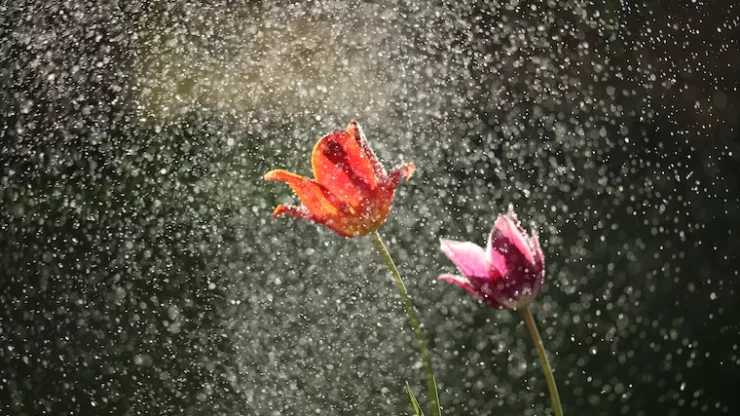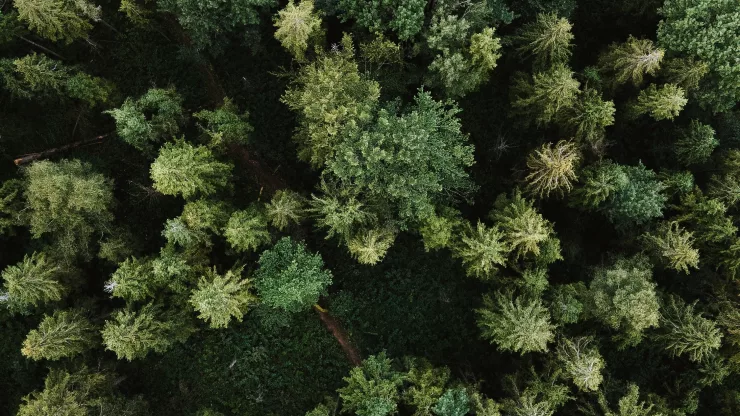Are you looking for a way to bring nature to your doorstep? Creating a wildlife-friendly balcony garden is a great option!
It not only adds beauty and freshness to your living space but also helps to support local wildlife.
In this article, we will guide you step-by-step on how to create a wildlife-friendly balcony garden.
Jump to Section
Benefits of a Wildlife-Friendly Balcony Garden
A wildlife-friendly balcony garden provides numerous benefits, including:
- Attracting birds, butterflies, bees, and other beneficial insects to your balcony.
- Helping to create a biodiverse ecosystem that supports local wildlife.
- Reducing carbon footprint by providing a natural source of oxygen.
- Providing a peaceful and relaxing environment for you to enjoy.
- Enhancing the aesthetic appeal of your balcony.
Choosing the Right Plants
Choosing the right plants is crucial in creating a wildlife-friendly balcony garden.
Native plants are the best option as they are adapted to the local climate and provide food and shelter for local wildlife.
Some great options include:
- Milkweed: Attracts monarch butterflies.
- Coneflower: Attracts butterflies and bees.
- Sunflower: Attracts birds.
- Lavender: Attracts bees and butterflies.
- Wildflowers: Attracts a variety of insects and birds.
Providing Water
Water is essential for wildlife, especially during the hot summer months.
A bird bath or a shallow dish filled with water can provide a source of hydration for birds and bees.
Make sure to clean the water container regularly to prevent the growth of harmful bacteria.
Creating a Habitat
Creating a habitat for wildlife is important to encourage them to visit your balcony garden. You can create habitats by:
- Adding birdhouses: Different bird species prefer different types of houses, so make sure to research which type of birdhouse is suitable for the species in your area.
- Adding a bee hotel: A bee hotel provides a nesting place for solitary bees.
- Adding a bat box: Bats are great pollinators and can help control insect populations.
Avoiding Harmful Chemicals
Avoid using harmful chemicals such as pesticides and herbicides in your balcony garden. These chemicals can be harmful to both wildlife and humans.
Instead, use natural alternatives such as neem oil or companion planting to control pests and weeds.
Conclusion
Creating a wildlife-friendly balcony garden is a great way to bring nature to your doorstep while supporting local wildlife.
By choosing the right plants, providing water and creating habitats, you can create a biodiverse ecosystem that enhances the aesthetic appeal of your living space.
Remember to avoid harmful chemicals and enjoy the peaceful environment you have created.
FAQs
Why is it important to create a wildlife-friendly balcony garden?
Creating a wildlife-friendly balcony garden provides numerous benefits, including attracting birds, butterflies, bees, and other beneficial insects to your balcony, reducing your carbon footprint, and enhancing the aesthetic appeal of your living space.
What are some suitable plants for a wildlife-friendly balcony garden?
Native plants are the best option as they are adapted to the local climate and provide food and shelter for local wildlife.
Some great options include milkweed, coneflower, sunflower, lavender, and wildflowers.
How can I provide water for wildlife in my balcony garden?
You can provide water by adding a bird bath or a shallow dish filled with water.
Make sure to clean the water container regularly to prevent the growth of harmful bacteria.
How can I create a habitat for wildlife in my balcony garden?
You can create a habitat by adding birdhouses, a bee hotel, or a bat box.
Should I use harmful chemicals in my balcony garden?
No, you should avoid using harmful chemicals such as pesticides and herbicides in your balcony garden.
Instead, use natural alternatives such as neem oil or companion planting to control pests and weeds.
I’m a nature enthusiast and creator of Metro Wilds and have spent years exploring the great outdoors.
With a passion for environmental conservation and sustainability, I have dedicated my career to writing about the beauty and wonders of nature, as well as the threats facing our planet.
Contact me at [email protected] for assistance.

